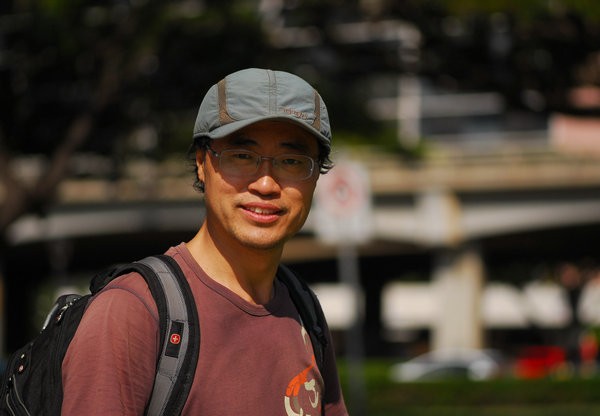Liu Huajie, a naturalist and professor at Peking University, says emotional attachment among today’s youth can lead to the preservation of the environment, according to a report by China Daily.
The naturalist, who spoke at a salon titled "How could natural history rescue China from ecological crisis?" aims to educate his students to help them get to know the beauty of nature.
China's environment is experiencing ecological woes brought about by several factors such as red tides, overgrazing, overuse of pesticides, deforestation, and most of all, smog, said Jiang Gaoming, a research from the Chinese Academy of Sciences.
"If we carry on what we're doing, it might be just too late to solve the problem," Jiang said at the salon.
"Natural history is a different system compared with science," said Liu. "It's about indigenous knowledge, the kind you gain from interacting with the world instead of lab results."
"Nowadays, people give up much of their natural instincts and turn to scientific readings to understand nature. But firsthand knowledge is essential for survival," he added. "Besides, how can you expect someone brought up (exclusively) in urban, man-made forests of things to truly care for nature?"
"Truth be told, I don't have a solution," said 49-year-old Liu, who teaches history of science at Peking University. "The problem with environment is staggering enough that not even the premier has an easy way to address it. That said, I believe natural history could contribute to ecological civilization, especially in the long run."
Naturalists can help more people understand the natural history of the world, and as a result, connect with their natural surroundings on a deeper level.
"Naturalists, with their understanding of and link to nature, will care for nature as it's part of their lives. They have a different mindset compared to what's prevalent these days," Liu said.



























